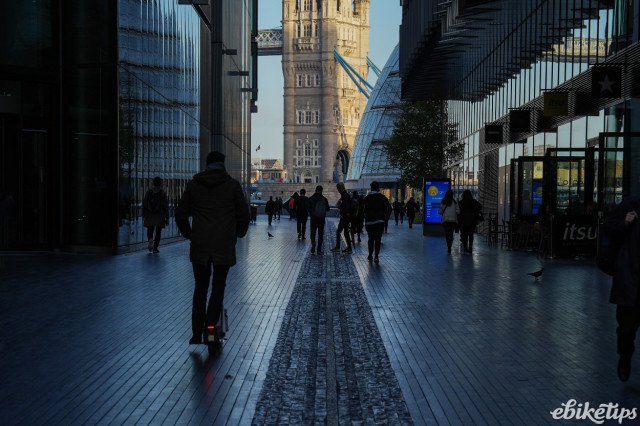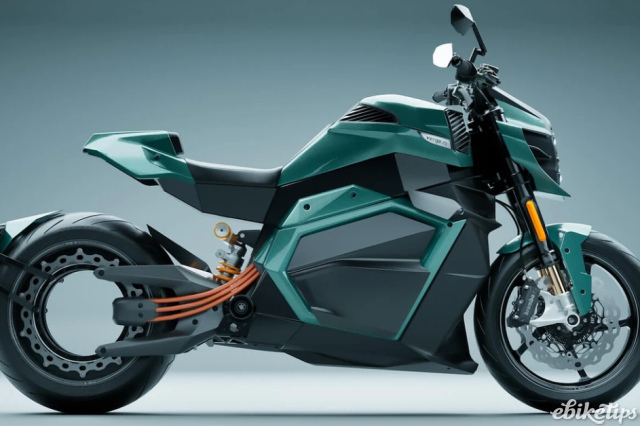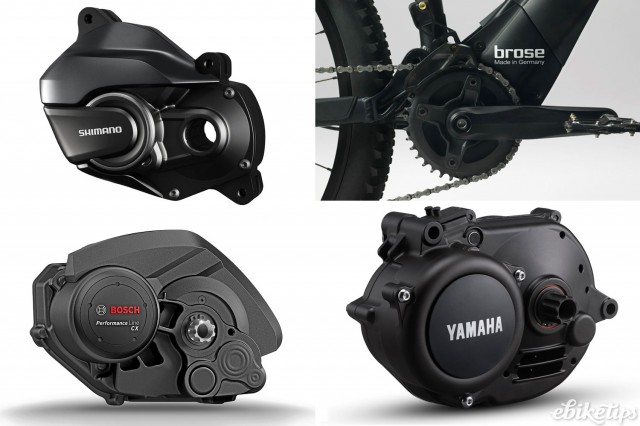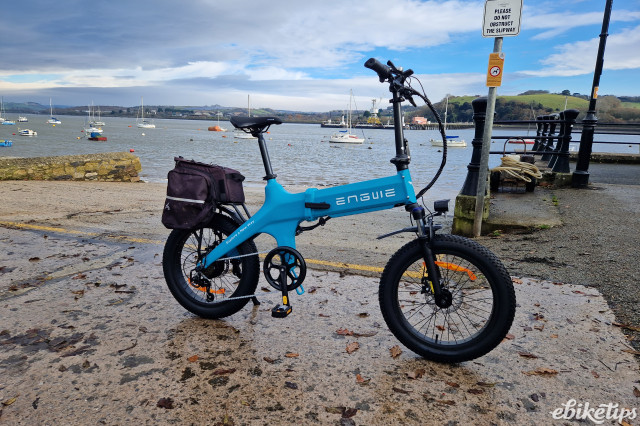A road safety charity has called for the Government to ‘urgently’ bring forward e-scooter legislation, after figures revealed that half of e-scooter user casualties occur outside trial areas.
E-scooters are currently only legal to ride in the UK when they are rented as part of official trials, which are taking place in around 30 areas across the country. Even though it is legal to buy them, privately-owned e-scooters cannot legally be used on public roads.
> E-scooters and the law: When and where are you legally allowed to ride an electric scooter
The Department for Transport data has revealed that in the year ending June 2023, around half (556) of the e-scooter user casualties recorded were estimated to have occurred outside trial areas.
The remaining 524 occurred within or close to trial areas at a time a trial was in operation - however the Government says some of these casualties will also have been riding private scooters.
Nicholas Lyes, director of policy and standards at IAM RoadSmart, said the number of incidents outside trial areas demonstrates, “the ‘wild west’ nature of misuse that is happening on our roads and pavements."
He continued: “The Government needs to urgently bring forward legislation on private e-scooters which must include minimum type approval device standards, speed limiters and proposals for riders to have a minimum level of competency prior to using these devices on the road.”
The government first announced plans for a new regulatory framework through a Transport Bill in last year’s Queen’s Speech. This was to pave the way for e-scooters to be legalised through the creation of a low-speed, zero-emission vehicle category, but there have since been several delays.
In July, more than 50 organisations, including environmental charities and campaigners, urged Prime Minister Rishi Sunak to establish a new powered light vehicle class that would include e-scooters and light electric cargo vehicles. They argue such a move would ensure e-scooters, whether rented in shared use schemes or privately-owned, were subject to high safety standards.
One of the UK’s largest e-scooter brands, Pure Electric, has been aligning its products with German rules and regulations and safety standards – but without legislation this is only a voluntary move.
In a recent survey of 2,000 respondents conducted by Attest, 56% of respondents did not believe the current government approach has been effective at tackling the illegal riding of private e-scooters, while 60% were supportive of new measures to regulate the use of e-scooters.




